


International Students are Allowed to Enter
Last Friday (October 2), Canada Minister of Immigration Marco Mendicino announced that starting from October 20, 2020, international students studying in designated educational institutions in Canada will be allowed to enter Canada. But the premise is that the educational institution which the student is attending has a COVID-19 readiness plan which has been approved by its provincial government.

Besides, when international students enter Canada, they don’t need to worry about customs officials’ review. According to the government, asymptomatic international students will be regarded as “non-discretionary” and “non-optional” as long as they enter Canada with appropriate documents and the educational institution they are attending is on the approved DLI list.

However, like all persons entering Canada, international students will also be constrained to all currently implemented public health measures after entering Canada, and they must also implement a 14-day quarantine period.
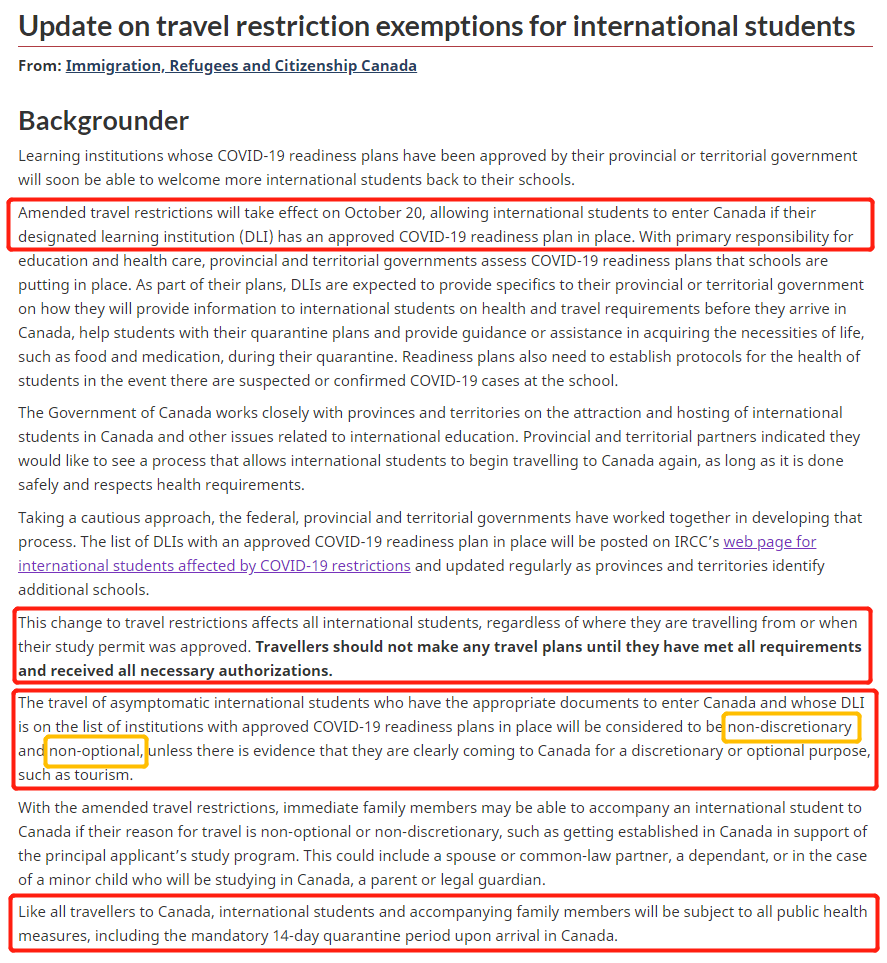
Other Persons Approved to Enter Canada
In addition, the Canadian Immigration Department also allows people in other situations to enter:
1. grandchildren, siblings (including half- and step-siblings), grandparents, non-dependent children of a Canadian citizen or permanent resident;
2. individuals in an exclusive dating relationship with a Canadian citizen or permanent resident for at least 1 year
3. foreign nationals for compassionate reasons, including being present during the final moments of life for a loved one, providing support to a person deemed critically ill, providing care to a person who medically requires support, and attending a funeral or end-of-life ceremony.
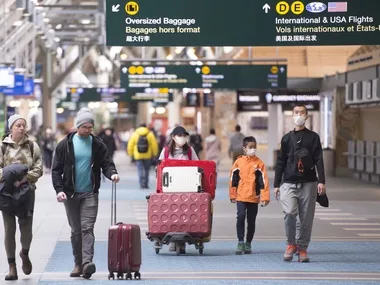
The details of the specific types of people who can obtain entry permits will be announced on the official website of the Immigration Department next week. At the same time, the official website of the Immigration Department will also provide specific forms for each category of people, so that applicants can verify and obtain pre-approval before entering the country. Similarly, after entering the country, these people need to be isolated for 14 days, so they need to plan to stay in Canada for a minimum of 15 days.
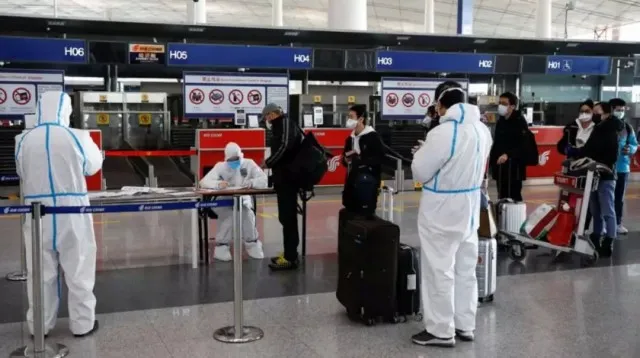
In the next few months, the federal government will arrange more public health officials at the border, covering 36 ports of entry customs, to strengthen the defense against the spread of COVID-19 from outside Canada.
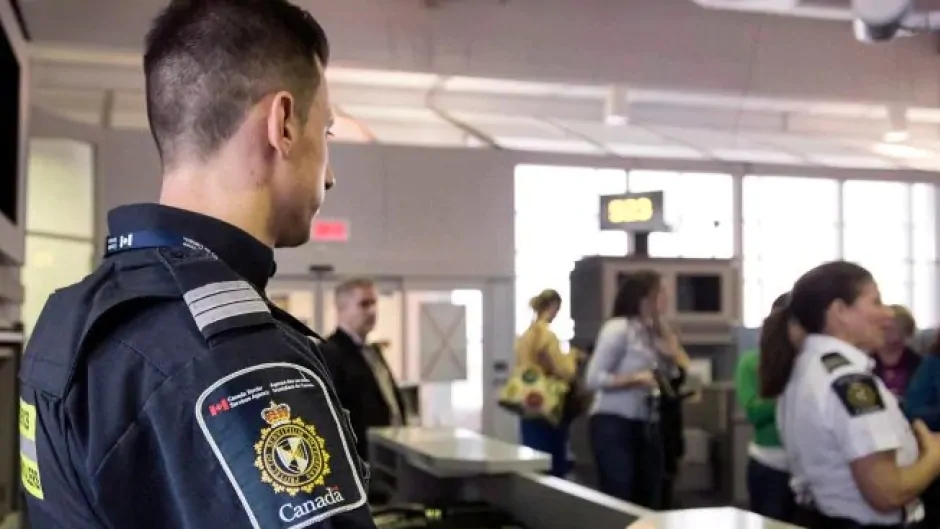
Exempt from the 14-day Quarantine?
At present, all persons entering Canada must be quarantined for 14 days after entry, but relatives who need to enter Canada for special reasons may be allowed to be exempted, such as going to Canada attending funerals, or to visit relatives who are seriously ill, seriously injured, near death.

The Minister of Immigration said that the latest immigration policy takes into account the needs of Canadian families separated from their relatives due to the international border, especially some families and some people are in the most difficult period of their lives and need supports from their relatives.

Out of humanitarian spirit, these people may lose the last chance to meet their relatives because of the isolation policy. Such persons are involved in emergency affairs and special needs entering Canada and can be considered for exemption from isolation requirements, but the exemption requires special applications and special approvals.
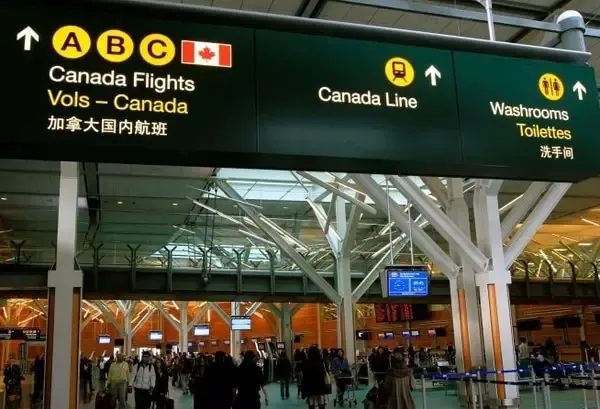
Humanitarian care
When the Canadian epidemic broke out in March this year, Canada announced that its borders would close and only allow necessary workers to enter. Later, the Canadian government announced that immediate family members of Canadian citizens and permanent residents were allowed to enter Canada, but the remaining relatives were still prohibited from entering. Under such the ban, many people can only bid farewell to their departed relatives through video calls.

Therefore, the Canadian Federal Government agrees that the adult children, siblings, grandparents, and partners who have been in a relationship for more than one year of Canadian citizens and permanent residents can enter Canada with the proof of notarized documents.

The US-Canada Border Continues to be Closed
At present, the border between the United States and Canada will be closed until October 21, and the entry restrictions of other countries will be implemented until October 31.

New Progress of Canada’s Anti-Epidemic
At present, a professor from The University of British Columbia has developed a miracle drug against the coronavirus disease and is expected to be on the market early next year.
In addition, the vaccine of coronavirus disease developed by AstraZeneca and Oxford University has also been submitted to Health Canada for approval. Canada’s victory over the COVID-19 epidemic is just around the corner!

Such warm Canada is touching. As a country that is extremely friendly to international students, Canada has promulgated various policies that are beneficial to international students during the epidemic and has shown a welcome attitude to international students and new immigrants time and time again.
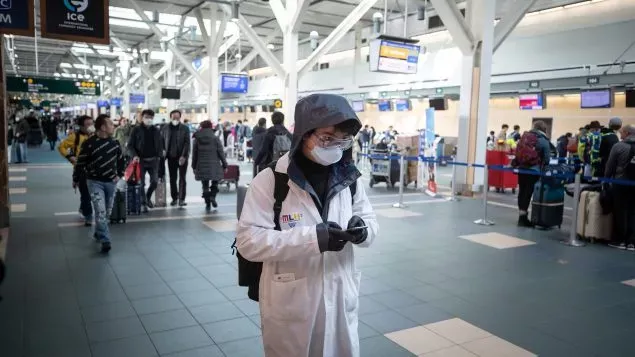
In the past ten years, the number of Canadian international students has grown very rapidly, and Canada has become one of the best destinations for studying abroad.